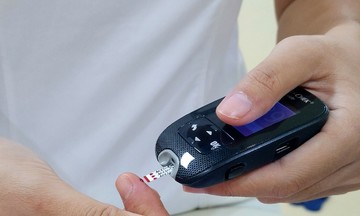Answer:
Negative thinking often leads to pessimism, stress, sadness, lack of confidence, and dissatisfaction with life. Prolonged negativity increases cortisol production, a hormone that suppresses the immune system and reduces antibody production. A weakened immune system makes the body vulnerable to pathogens, including the varicella-zoster virus (VZV), which causes shingles.
This virus lies dormant in nerve roots or ganglia after a chickenpox infection. It can reactivate and cause shingles when conditions are favorable, such as aging, a weakened immune system, chronic underlying illnesses, or psychological stress.
Continuous negative thinking can also exhaust the body, leading to complications like headaches, dizziness, chest pain, shortness of breath, rapid heartbeat, fatigue, and insomnia. If this persists, it can lead to depression, anxiety disorders, and psychological trauma, requiring medication that can further weaken the immune system and create an environment for VZV reactivation.
 |
Prolonged negative thinking causes psychological stress, increasing the production of the immune-suppressing hormone cortisol, which reduces the body's protective antibodies. Illustrative photo: Vecteezy |
Prolonged negative thinking causes psychological stress, increasing the production of the immune-suppressing hormone cortisol, which reduces the body's protective antibodies. Illustrative photo: Vecteezy
To prevent shingles, cultivate a positive mindset, nurture healthy relationships, and engage in more conversations with friends and family. Participate in outdoor activities and clubs to enrich your life. Maintain a nutritious diet, get enough sleep, and exercise regularly to strengthen your immune system and improve your overall health.
Shingles vaccines are available. They are 97% effective in preventing the disease and recurrence in people 50 and older, and 70-87% effective in those 18 and older with compromised immune systems due to illness. They also reduce postherpetic neuralgia and other complications by over 90%. The vaccination schedule involves two doses administered 1-2 months apart, as directed by a doctor. Since you are 50 and have had shingles, you should get vaccinated as soon as possible to prevent recurrence and complications.
Doctor Le Thi Minh Nguyet
Medical Manager, VNVC Vaccination System
Readers can submit vaccine-related questions for doctors to answer here.












